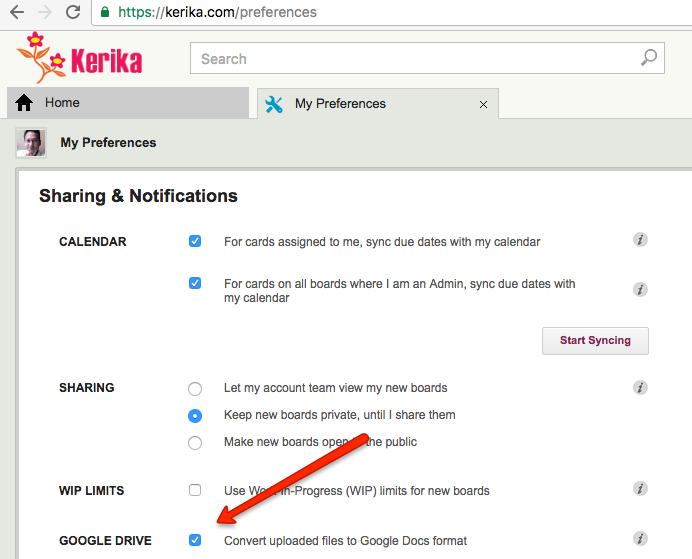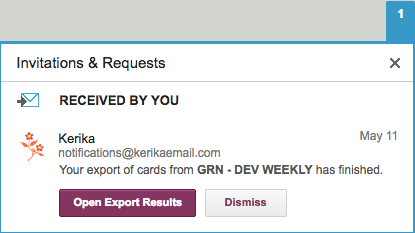Ever wonder how many cookies Kerika sets when you are logged in, and why?
Here’s the answer:

The first cookie, called “BAYEUX_BROWSER”, relates to our use of the CometD communications protocol for ensuring that you always get real-time updates whenever you are looking at any Kerika board, no matter which browser you are using.
CometD leverages WebSocket when it can (because it’s the most efficient web messaging protocol), and makes use of an Ajax push technology pattern known as Comet when using HTTP. Most modern browsers support WebSocket, but we still have some older versions of Internet Explorer out there that don’t support WebSocket. This cookie helps us track whether your browser supports WebSocket or not.
The next couple of cookies are used simply to keep track of your Kerika session.
The fourth cookie, “i18next”, is really not used much right now, but we hope to make greater use of it in the future.
Right now Kerika is available only in English, but the code was always written to make it easy for us to create versions in other languages, e.g. Spanish, Chinese, etc. This process is called “internationalization”, and is usually abbreviated as “i18n” by us nerds.
The last two cookies, “last-selected-auth-service” and “tabs”, are used to remember what you were last doing when you were logged into Kerika on that computer: when you log back in, after having logged out, these two cookies help us restore your view of Kerika to exactly where you left off.
As it says on our website, we are committed to transparency, so now you know everything about our cookies.
Want to learn more? Check out our privacy policy.


